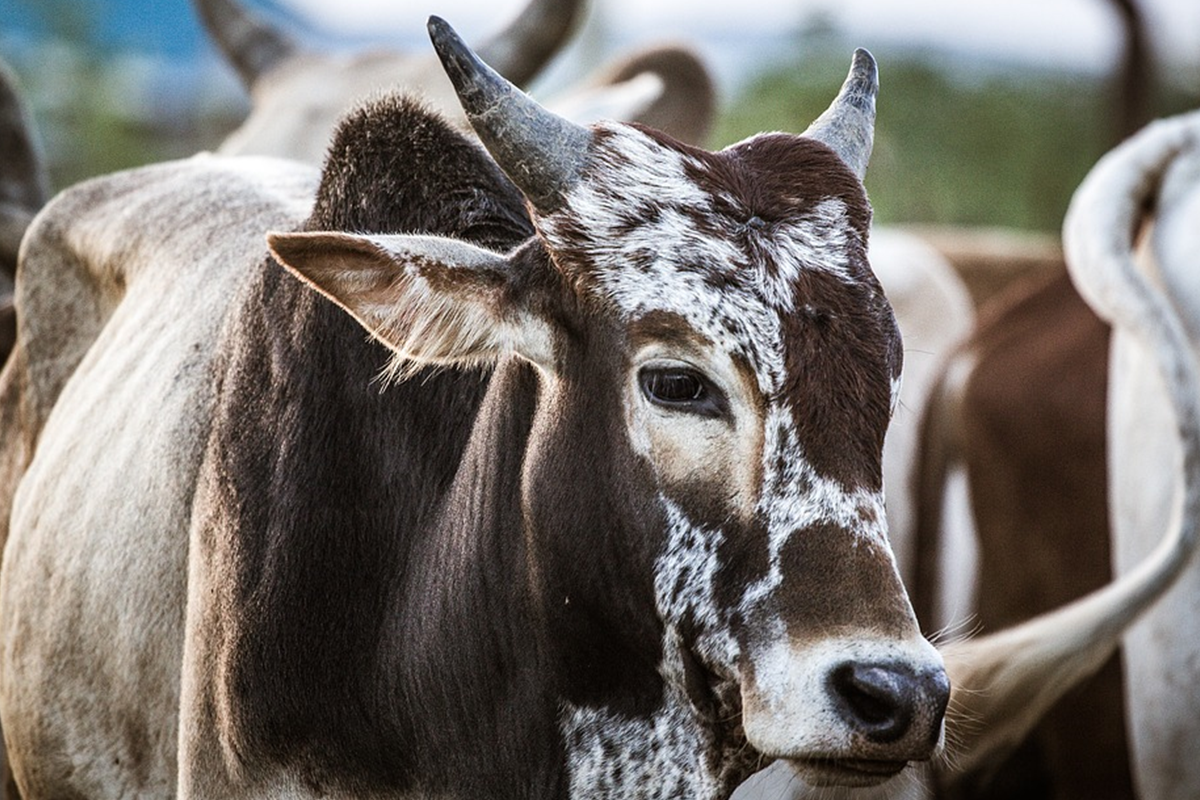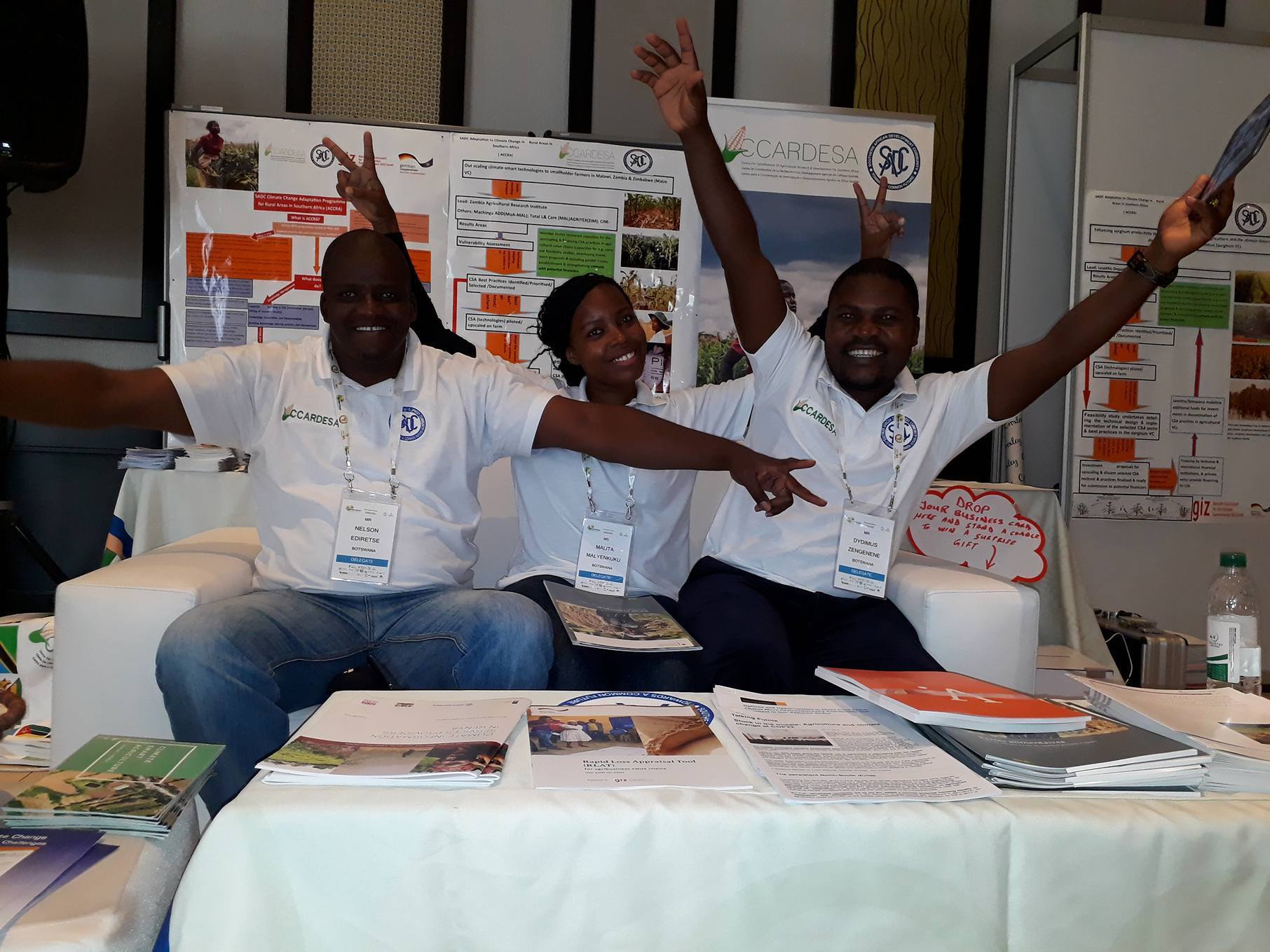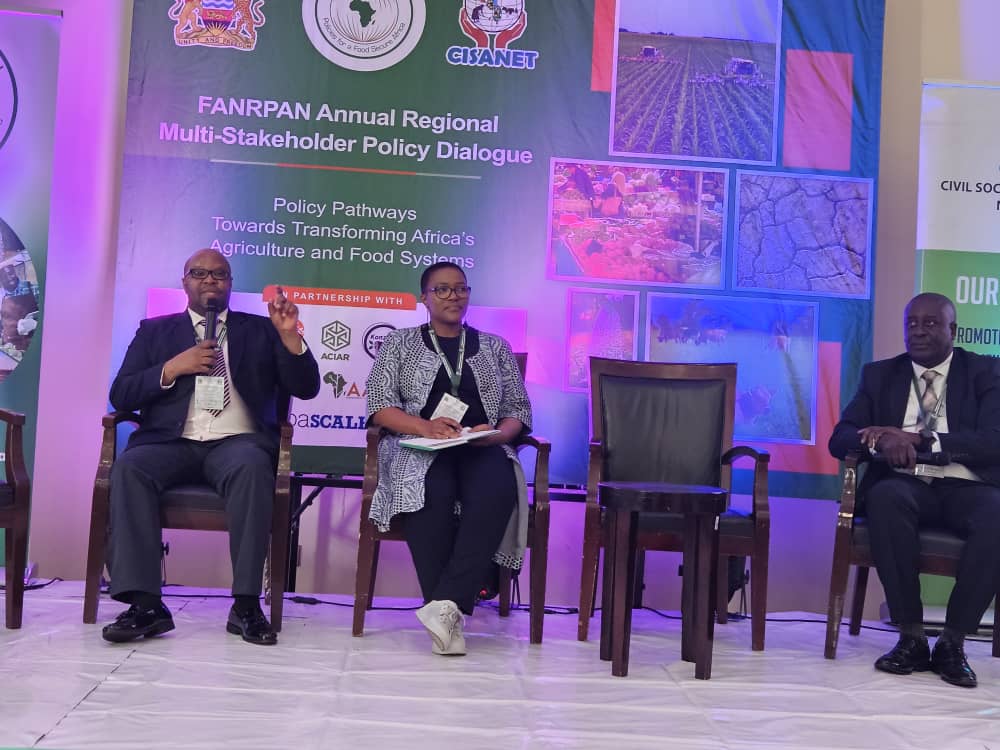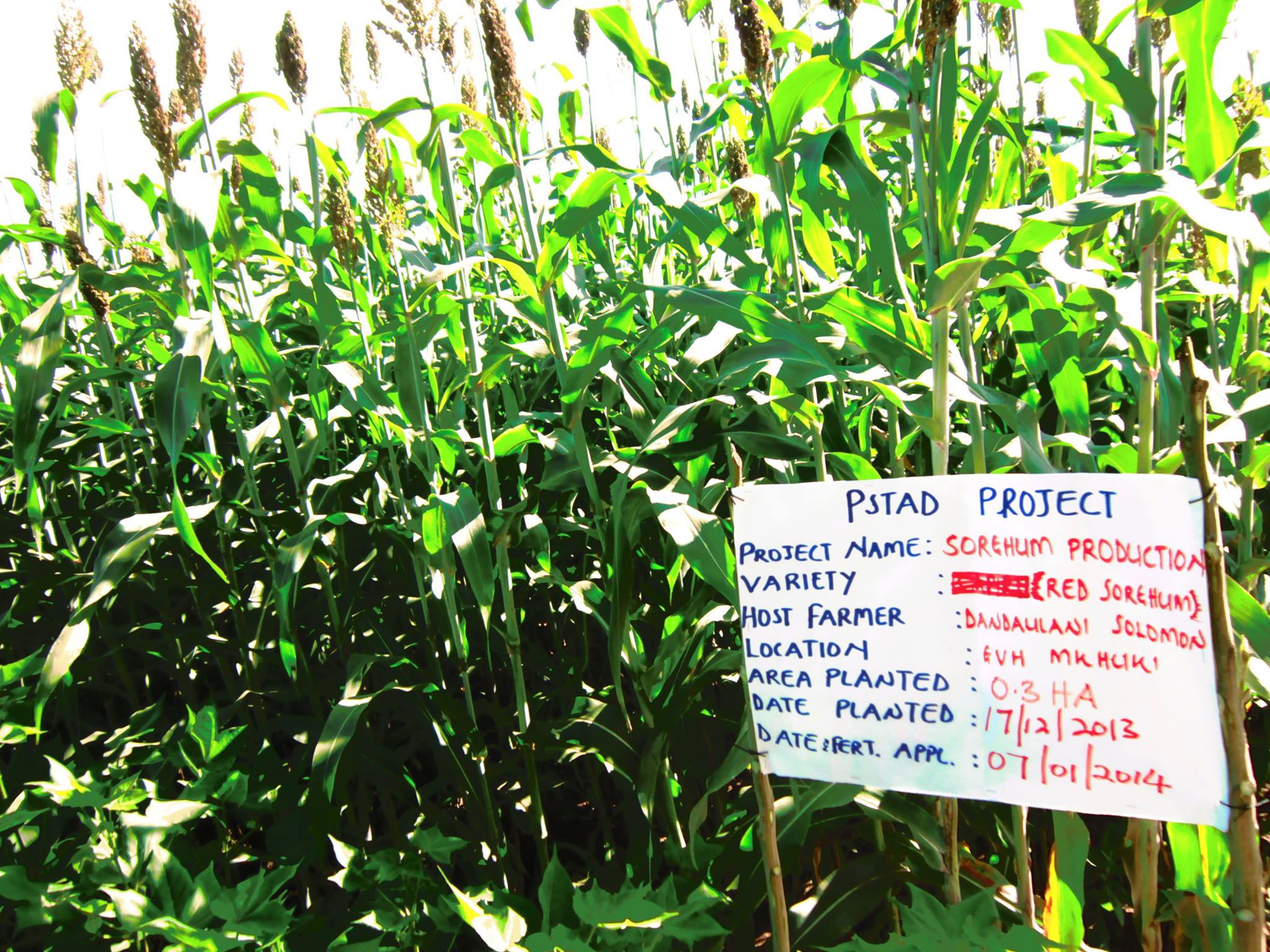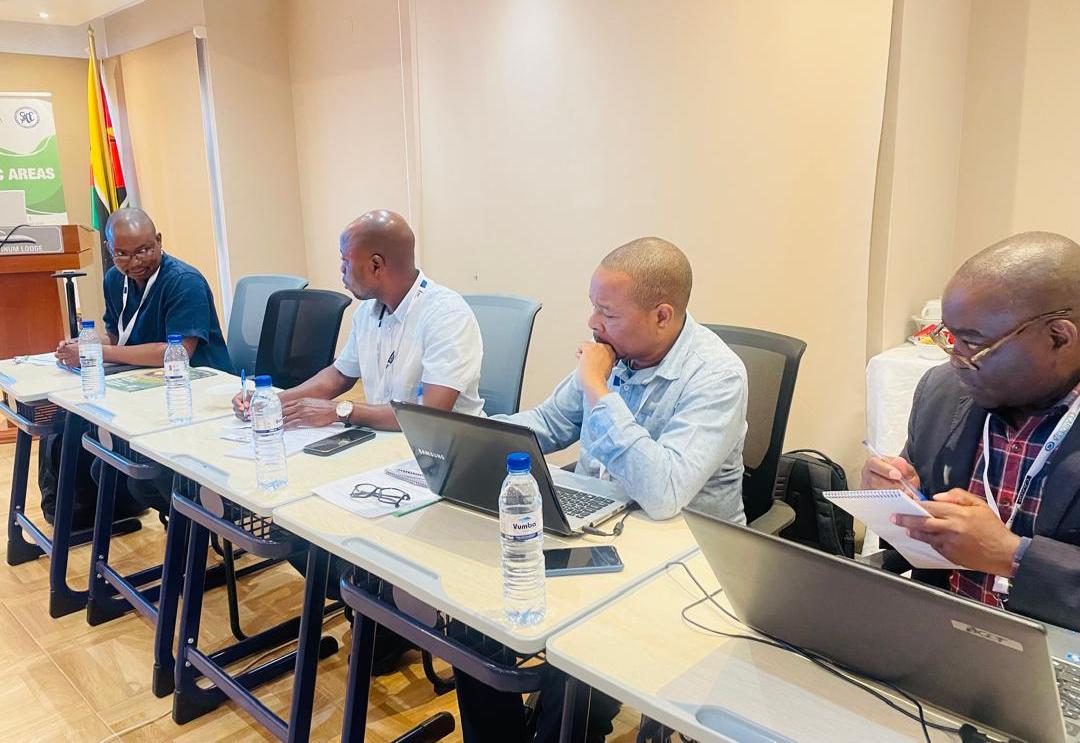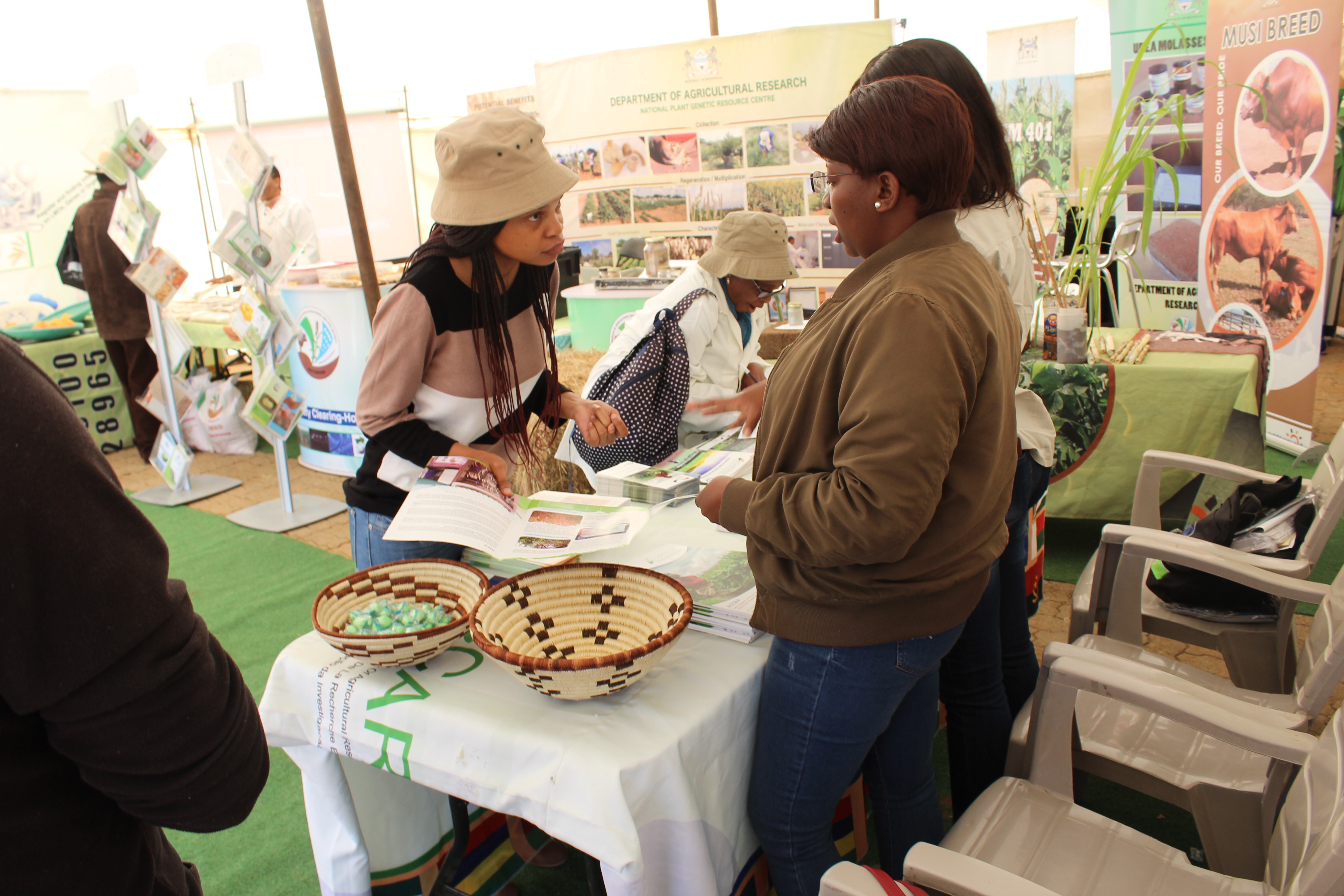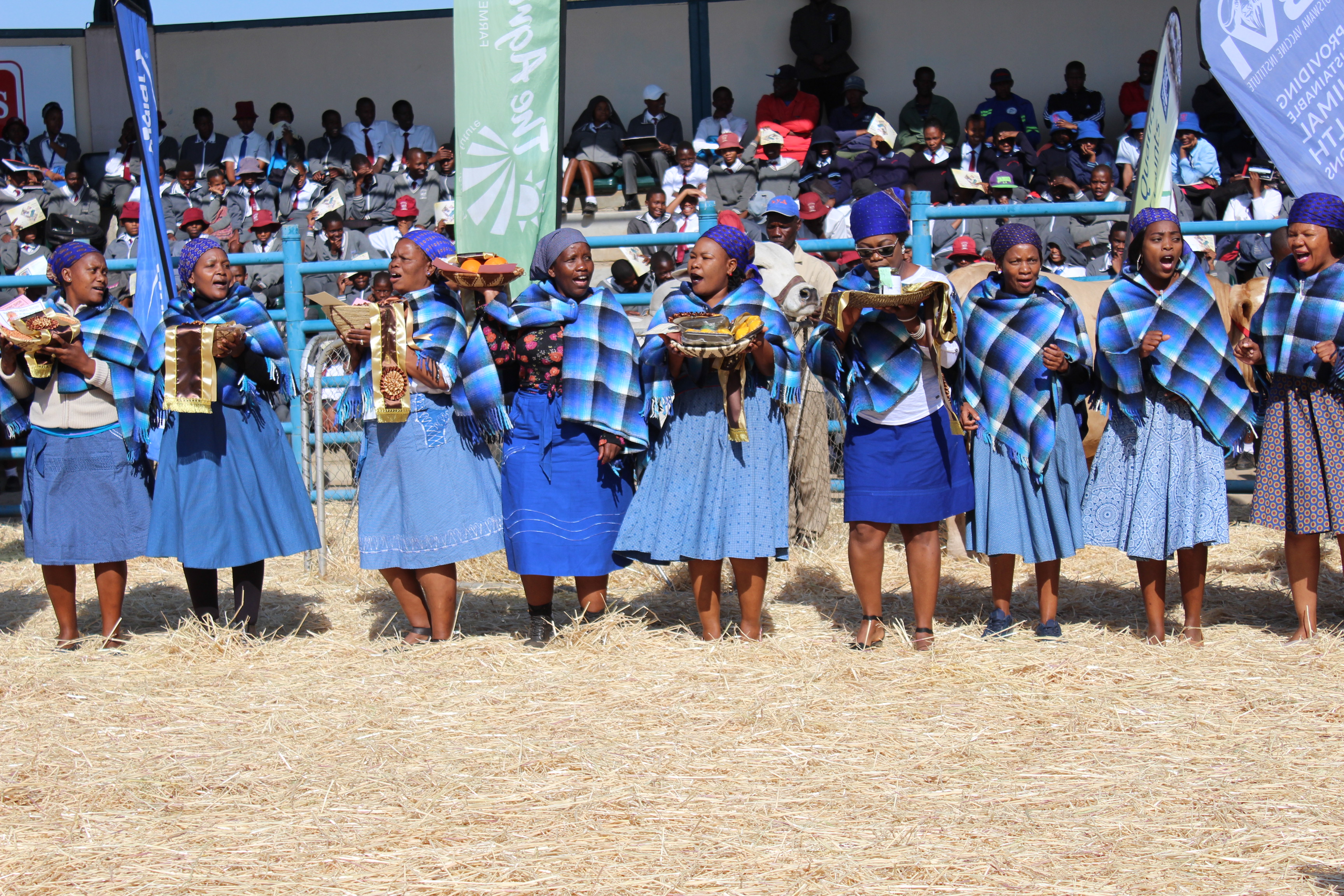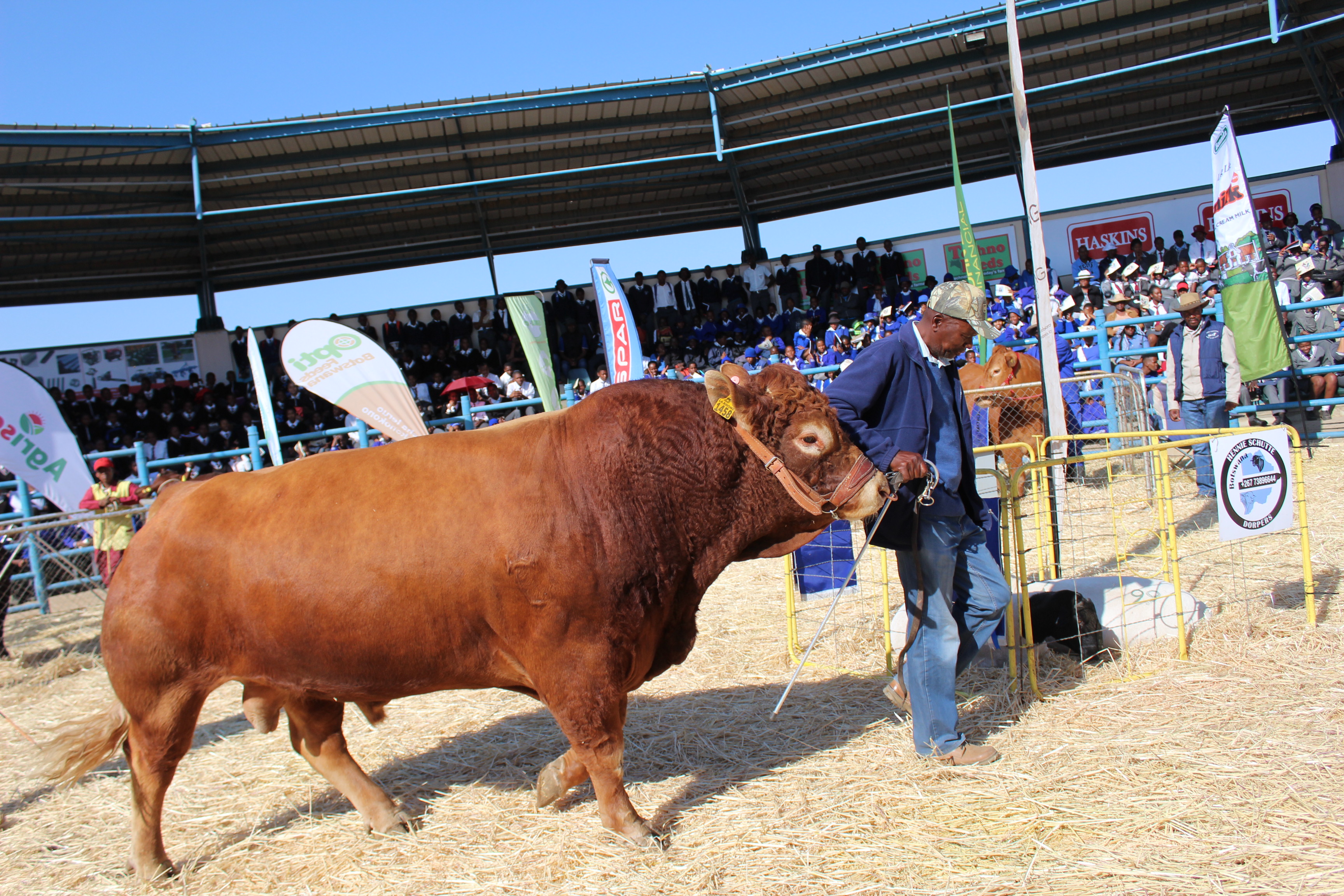Food losses - For sustainable resource use from field to fork
This folder explores the issue of food loss in more detail and presents current experiences, challenges and areas of action.
Food Production
Rural Development
Smallholder
Value Chain
Aflatoxin
Schuler, B. & Moosmann, K. & Höhne, M. & Pickardt Williams, T. 2016. Food losses - For sustainable resource use from field to fork, German Federal Ministry for Economic Cooperation and Development (BMZ), Division 122, Rural Development, Land Rights, Forests, BMZ, Berlin


